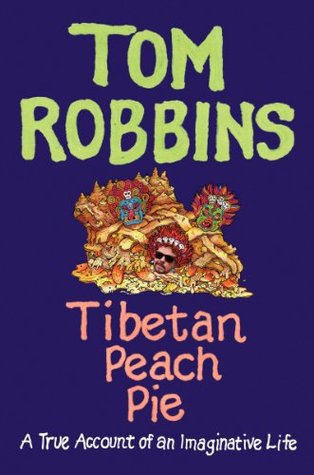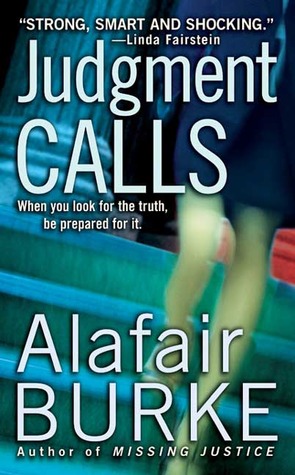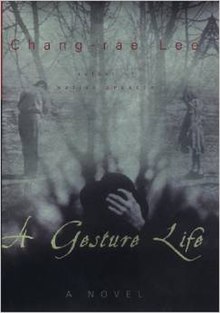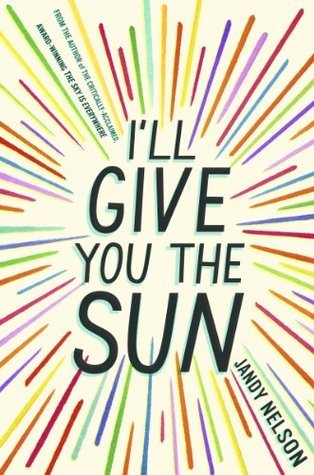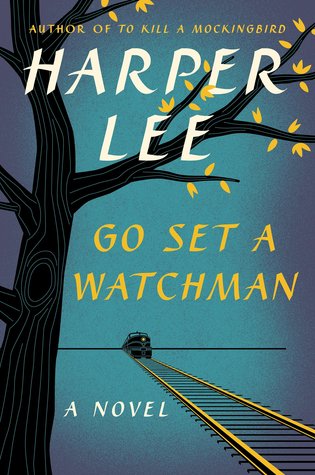 Masterminds and Wingmen, by Roasalind Wiseman
Masterminds and Wingmen, by Roasalind WisemanA great book about boys, written by the author of Queenbees and Wannabes, who is actually the mom of boys (rather than girls).
Wiseman wrote this book after interviewing hundreds of boys and trying to figure out how they think. As a woman living in a house with four males (three sons and a husband), I can honestly tell you that their brains are wired differently, and they are also conditioned to behave in a different way. It's called Boy World, and I'm often out of my element!
I learned some helpful tricks from this book, such as not bombarding my sons with questions. I am a detailed person, and they, alas, are less so. When I pepper them with questions at the end of a school day, or when they come home from college, it is less than effective.
Boys are faced with entirely different challenges than girls are, and this book identifies those challenges and helps parents figure out a way to assist their sons in navigating those challenges.

